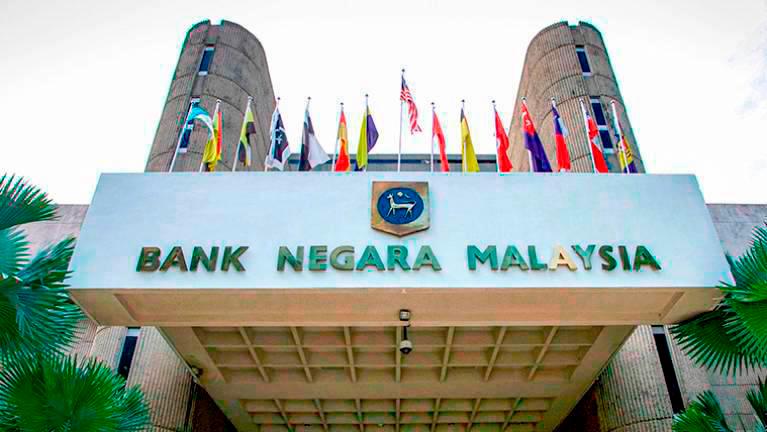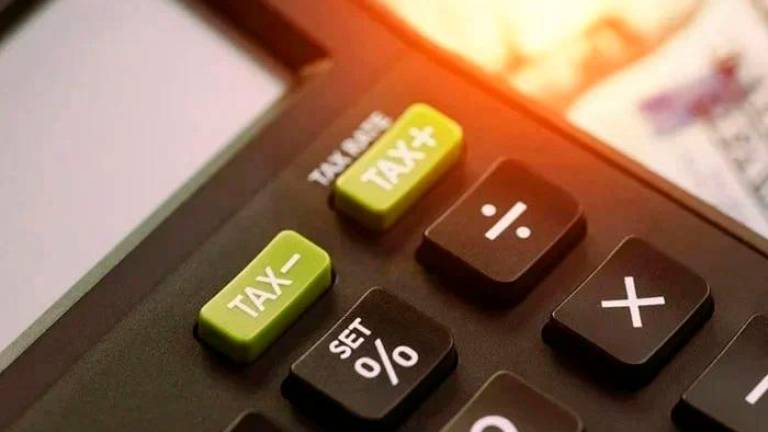EVEN though the Emergency hasn’t been extended, the country is still in a state of economic emergency, with the epidemic – as requiring public health emergency measures – continuing to ravage the country, with 21,668 cases reported on Aug 12 representing the highest so far.
There’s a need for policy responses to the economic front to correspond more closely to the public health front in terms of urgency and stringency.
Perhaps this is something the National Recovery Council could consider.
As it is, with our overall vaccination rate at 50% (both one and two doses) and 30% fully vaccinated currently as per the Special Committee for Ensuring Access to Covid-19 Vaccine Supply, the National Recovery Plan is being implemented accordingly.
The government is proceeding very gradually and progressively in the reopening and easing of restrictions (standard operating procedures or SOP) for those fully vaccinated with effect from Aug 10 as announced by the prime minister.
Experts have (rightly) urged even greater caution in view of the continuing surge in cases and mounting death toll set against the background of the highly transmissible airborne Delta variant.
As such, this calls for industries, sectors and businesses that are still unable to operate due to being categorised as “non-essential”, or are allowed to but sales have dropped drastically due to the restrictions of the movement control order, to be given unprecedented assistance by the government.
In a previous EMIR Research article, “Graduate unemployment (and under-employment) – part of our structural growth challenge”, we called for a “Job Guarantee” (JG) programme whereby the government creates jobs to exactly match the supply (of labour).
Hence, JG – with the government as employer of last resort – is not a jobs creation policy which seeks to help create jobs for and in the private sector (i.e., limited to the latter’s investment decisions).
Under JanaKerja (Employment Generation Guarantee Scheme), the government – through the National Employment Council – had announced that it aims to create 500,000 job opportunities for youths.
Under the Malaysia Digital Economy Blueprint, creating 500,000 jobs for Malaysians is targeted by 2025 in collaboration with the private sector.
JG is different in that it goes beyond providing job opportunities precisely because it isn’t tied to the investment decisions of the private sector.
To be sure, JG effectively responds to situations in the job market in the short to medium term but ends up shaping the latter in the long run with continuous employment, training, and the wage levels (which in effect serves as the government’s minimum wage and, hence, an anchor wage that’s non-inflationary).
Here, we would like to highlight the role and function of the government in times of crisis as buyer (and seller) of the last resort, i.e., in the form of an “order/purchase guarantee” programme.
What this means is that the government guarantees to order and purchase goods and services from the private sector.
In terms of the government being buyer of last resort, the government could purchase directly from the private sector, especially our small- and medium-sized enterprises (SME) many of which are still unable to operate at approximately 80% of the total.
This can be done by implementing a special procurement scheme that in turn could be tiered accordingly, segmented into different categories of goods and services (based on the level of critical priorities).
This will ensure:
a) additional income for participating SME in the essential sectors; and
b) income for SME in the non-essential sectors which could switch to supplying essential goods.
It’ll also help to keep the overall supply chain going by re-diverting the “end-user”, i.e., the buyer to the government for a certain period.
The method of payment would be by way of the government issuing bills which can be sold by SME to invoice factoring agencies (of the government) or the SME Bank for quicker turnaround of payment time.
Since not all SME will be able to participate in the government’s special procurement programme, it could introduce another scheme for industries in the form of an “order book” (i.e., on paper only) but with advanced full payment.
For example, the furniture industry had suffered tremendous losses and potential sales since the first half this year, with up to RM1.6 billion in value.
According to the Malaysian Furniture Council, a manufacturer had RM2 million worth of orders cancelled in June.
Our furniture industry is, of course, a major exporter (top 10 in the world and 80% of products are geared for international markets).
The government could guarantee to order and purchase furniture in bulk from participating vendors (e.g., furniture manufacturers).
Only funds by the government are exchanged.
The furniture (goods) ordered remain physically with the vendor acting, in effect, as the entire supply-chain (warehouse, logistics, delivery point) in relation to the end-buyer (government).
When the SOP are eased allowing for resumption of operations, then the government can sell back (guaranteed seller basis) the goods previously ordered to the vendor at a discount (e.g., a reduction of 30% of the original price).
The goods which remained with the vendor can then be exported overseas as according to their pre-epidemic contracts, for example.
For the rest of the supply chain (i.e., in relation to the manufacturer) and in the medium term also, the government could instruct SME Bank to issue (physical or electronic/digital) “notes/bills”.
These notes/bills would serve as “alternative currency”, albeit artificial and parallel, and therefore, serves as an effective medium of exchange and barter-like transactions.
They will directly circulate within the supply chain, e.g., between supplier of timber, metal parts and glass accessories to the furniture manufacturer – again on the basis of an “order book”.
The alternative currency would also help facilitate continuous flow of transactions in the medium term (i.e., when the SOP are eased) even where demand is slow to pick up (e.g., due to build-up of inventory, sluggish orders from customers).
It can be used for full or partial payment. A sale could be made 50% in ringgit and 50% in the bill/note or 100% in the bill/note.
In turn, the “order book” practice combined with the alternative currency would enhance the credit rating and profile of the SME which can better facilitate their applications for loans (i.e., from commercial banks).
Otherwise, participating SME could just commit exclusively to either pledging their assets to SME Bank in exchange for the notes/bills as a form of collateralised loan (which under company law can either be “fixed charges” such as land or “floating charges” such as machinery) or otherwise as an unsecured debenture/loan.
Notes/bills received by one SME as seller from the other as buyer can then be redeemed from the SME Bank in ringgit (since they are meant to be a temporary measure).
As for the government as lender of last resort, it could assume the non-performing loans (NPLs) of SMEs and transform these into soft loans with 0% interest rate but over a longer repayment period plus collateral.
What the government could now do (as in medium to long term) is to establish a special purpose vehicle (SPV) to take over bad loans of SME (including in the tourism industry). This tactic might become essential in the situation after the loan moratorium is lifted.
The government would assume the loans from the banks and turn these into soft loans – either interest-free or at 0.25% interest per year (but over a longer repayment period).
The SPV – following Danaharta – could issue triple-A zero-rated coupon bonds to institutional investors such as EPF, Khazanah, pension funds and insurance companies to be later exchanged for the NPL from the participating banks.
Otherwise, the SME could borrow from the government via the SPV to pay off (one-time) the banks concerned (again either interest-free or at 0.25% interest and over a longer servicing period).
Either way, loans from the SPV will be collateralised by default, unless otherwise agreed.
The policy proposals – as part of the economic emergency – presented (and re-presented again from EMIR Research’s Exit Strategy Plan for Malaysia, among others) are unprecedented but needed to ease the flow of macroeconomic (fiscal, monetary) and microeconomic circuits (business) in the economy and allow more space for the debt level and deficit flow to be diverted towards other areas, e.g., healthcare spending and the JG.
Jason Loh Seong Wei is Head of Social, Law and Human Rights at EMIR Research, an independent think tank focussed on strategic policy recommendations based on rigorous research. Comments: letters@thesundaily.com













